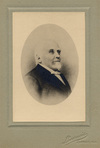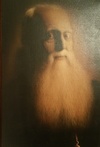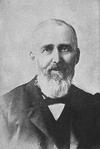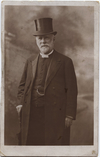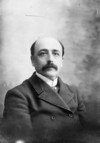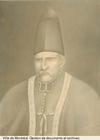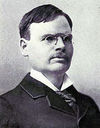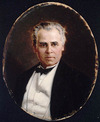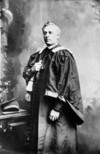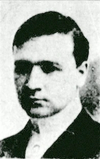.
His pragmatic actions show that MacNab is only partly encompassed by the term Tory. A supporter of the clergy reserves, he nonetheless believed that all denominations, including Roman Catholics, should
estates, already in government hands, and the Sulpician estates, the appropriation of which, on “generous” terms to the clergy, was “pregnant with . . . extensive Consequences.” In July 1805 many
*, dit Latour, prove in eloquent fashion.
Amiot always enjoyed the support of the clergy and it was in part the reason for his success. He initiated
rebuilt after a fire in 1888, Baillairgé stubbornly insisted on paying for the high altar and nothing else, even though the clergy had already donated one to the seminary. The pleas of Abbé Louis-Honoré
. (Halifax), Clergy of St Paul’s Church fonds (reg. of baptisms, 16 March 1900, no.21954; reg. of baptisms kept by the Reverend J. C. Cochran; vestry minute-book, 14 July 1902: 173
congregations in the Galt region, but his exhausting travels ruined his health with the result that he seldom attended presbytery and synod meetings. Nevertheless, he was chosen in 1842 to recruit clergy in
raised to the status of a religious province in 1882.
Father Beaudry was highly regarded by the clergy of the province and enjoyed the wholehearted
diocese of Chatham and his Acadian clergy between 1895 and 1899. In September 1898 the Eudists were finally put in charge of the Collège du Sacré-Cœur in Caraquet [see Prosper
Pius X and the diocesan clergy, who followed their example. Nor is there evidence that he had any success at all as a music teacher. It seems fair to claim, however, that Boucher’s unflagging work
publication of a weekly gazette. There were as many Canadian subscribers as there were British, most of the former being members of the clergy. On 21 June 1764 the first number of the Quebec
. He retired from the board in 1898.
Obeying the strictures that forbade clergy from taking a public role in electoral politics, Bryce was
clergy. Having completed his classical studies, in 1878 Jacques began to study law at the Université Laval in Quebec City. After obtaining his bachelor’s degree, he was called to the Quebec bar in January
priests in the colony; unfortunately, he never received the clergy he needed. The low point in his career came in 1801, when an officer at Fort George accused him of attempting to “violate his wife by force
wherein Upper Canada would dominate over the lower province. Although he supported the secularization of the clergy reserves, with proceeds to go to general education, Caldwell was one of the small group
equally dubious purposes: to support the clergy of the Church of England and the unpopular King’s College and to increase the salaries of the small official clique which surrounded him. He foolishly
with clergy life, changing faith, and faltering health. He moved his family to Ottawa early in 1891, planning to take up a civil service job he had been offered
, nevertheless, against the opposition, which reproached it for postponing the discussion of important questions, such as the secularization of the clergy reserves and the abolition of seigneurial tenure. The
portrayed the attachment of the Acadians to their religion and the importance of the clergy as leaders.
The year 1898 was marked by a rather deplorable
the assimilation tactics of New England’s Roman Catholic Irish clergy, which he saw as a threat to the survival of the parishes and schools of Franco-American minorities. Such remarks did not please the
Stewart*, bishop of Quebec, to be made secretary to the Upper Canada Clergy Corporation, but in November 1828 he learned that George Herchmer



